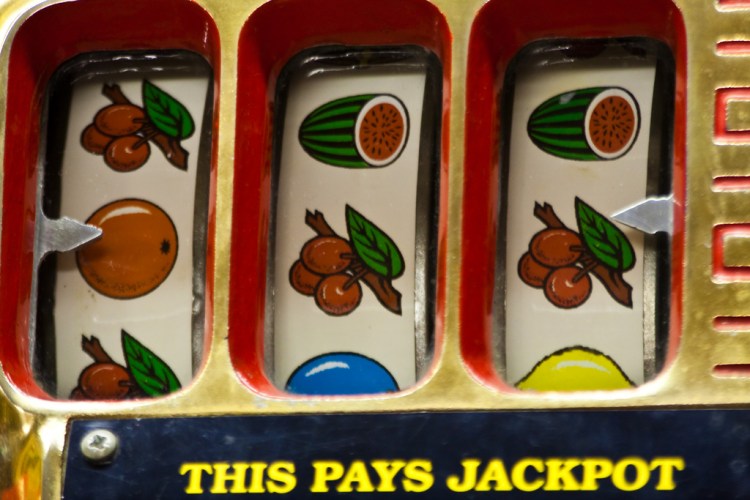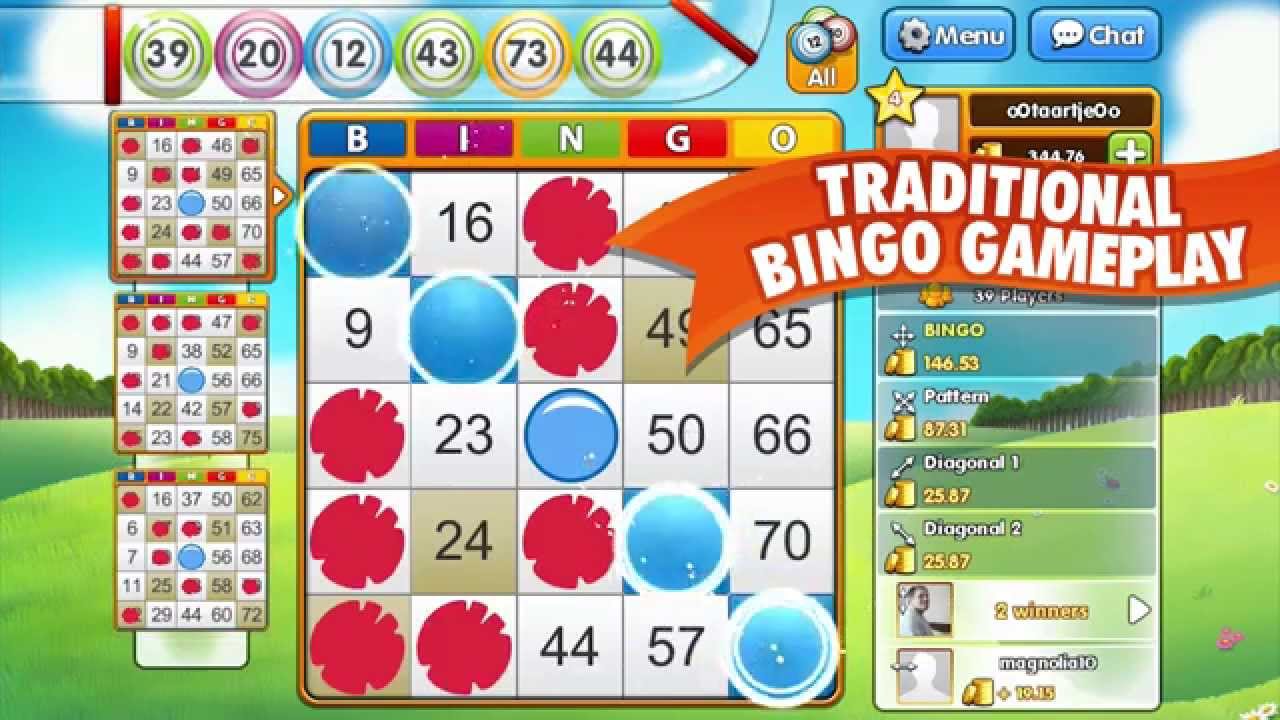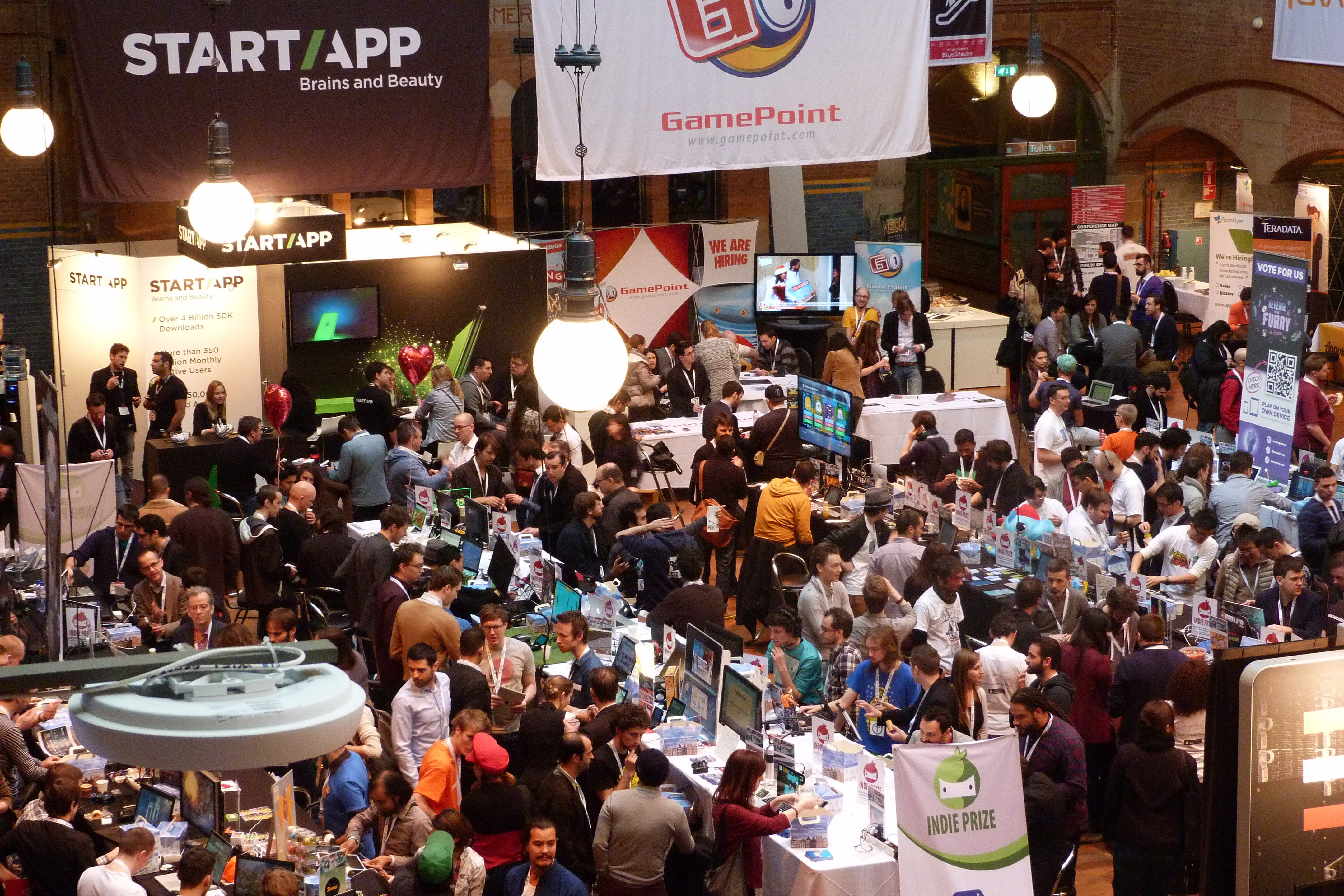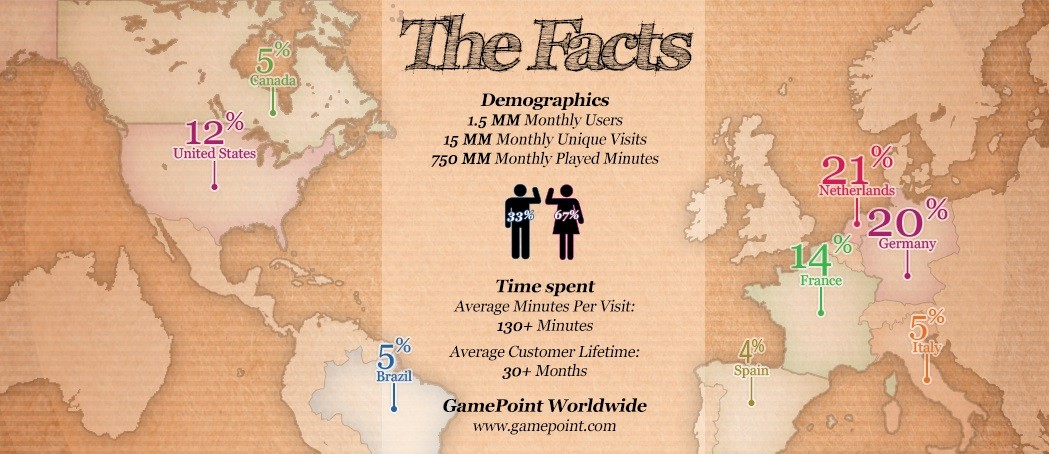Mobile is big news, but there’s still a huge number of casual gamers playing social games on PC.
The big players in the social scene, though, are starting to move their games to mobile devices. It’s particularly interesting given the slightly older player demographic that populates the world of online social games like bingo and slots in a market worth an estimated $17.4 billion by 2019.
I caught up with two of the giants in social gaming at Casual Connect Europe — the Netherlands-based GamePoint and Vegas World creator FlowPlay from Seattle, WA — to find out about their transition to mobile and the challenges it presents.
I wasn’t expecting to find a world of weddings, gold diggers, and Martinis, but that’s what I got.
Need deeper insights into your users?
Learn how to engage and monetize your users.
A more mature demographic
GamePoint formed 16 years ago, and in the last three years, the Netherlands-based developer has grown in size from 30 to 60 employees and gained over 10 million registered players.
Some of its social games are already available on iPad, but it only launched its bingo app on iPhone last December. “We had to go mobile,” explained Kimberley Huizing, business development team member at GamePoint. “We have taken the first steps. We just need a bit more iteration on the iPhone game before we push it.”
Most of GamePoints’ players are over 30, and the majority are women. Facebook integration is key to GamePoint’s success, and Huizing explained that the social aspect of the games is what keeps players logging in daily.
“That’s really our strength,” she said. “We have people that have been playing for years. They return every day, they play in the same rooms, chat with the same people, form cliques, have arguments, make appointments. They even meet in real life.
“That really keeps people coming back. It’s easy for one person to lose interest — if you have friends here, you’re more likely to return.”
And the social connections often extend beyond the game. Recently, there was a wedding between two players which GamePoint’s community manager attended.
“There are also GamePoint babies already,” added Mercedes Ramirez, GamePoint’s business development manager. “The head of game development, he met his wife and now the mother of his sons and daughters on a GamePoint game. He was a moderator and she was a player, so they started communicating via email, and then they met.”
The slow burn
GamePoint’s players get free coins when they sign up along with a daily gift each day they log in. These let them play the games, which offer coin rewards but no real-money pay-outs.
Players will start off playing for free, but soon get drawn into a social world that they want to be a part of. It’s what makes them pay for extra coins and keeps them coming back.
“People really monetize through engagement,” said Huizing. “It’s common to see users making their first payments in week six.”
So a slow start, but players are then committed for the long haul.
“Our monetization is quite slow, but it has a really long tail — first the players came in, and then the revenue,” said Huizing. “We know from Facebook our retention outside the first month is the highest of all social casino games on Facebook. The vast majority of revenue coming in in month ‘X’ is generated by users who installed a year earlier or even more than a year.”
With the social aspect of games being so important to GamePoint’s players, squeezing that experience onto a mobile device is a tough challenge.
“We have a very big social aspect,” said Ramirez. “You have your friend list, you have your bank account, your currency, and that all works across all of our games. You can start a game on your iPhone or iPad — you can have a conversation with your friends and then switch to PC.”
So is it possible to get its users across to mobile? “They’ve already started, but we can see that they still play a lot on web, on desktop,” said Huizing.
And replicating the social experience on mobile? “It’s very difficult,” said Huizing. “That’s what we’re iterating on right now,” added Ramirez. “That’s definitely a challlenge.”
“I think that in a lot of casual game people are really migrating completely from desktop to mobile,” said Huizing. “It doesn’t hold true for all games. I think for our players, a lot of them are older; they like the experience of the desktop computer.”
So the two experiences need to complement each other. “They will play under different circumstances on desktop and mobile,” said Huizing. “They will play a quick round of bingo when they have five minutes to spare. They will still play on desktop to see their friends.”
And given Mark Zuckerberg’s belief in a social experience driven by virtual reality, will we see GamePoint’s players sat playing bingo wearing Oculus Rift headsets in the near future?
“You never know,” said Huizing.
“The target group of our games is really 30-plus females, and I don’t think they’re going to use the Oculus Rift,” said Ramirez, before adding, “Maybe in twenty years, yes.”




